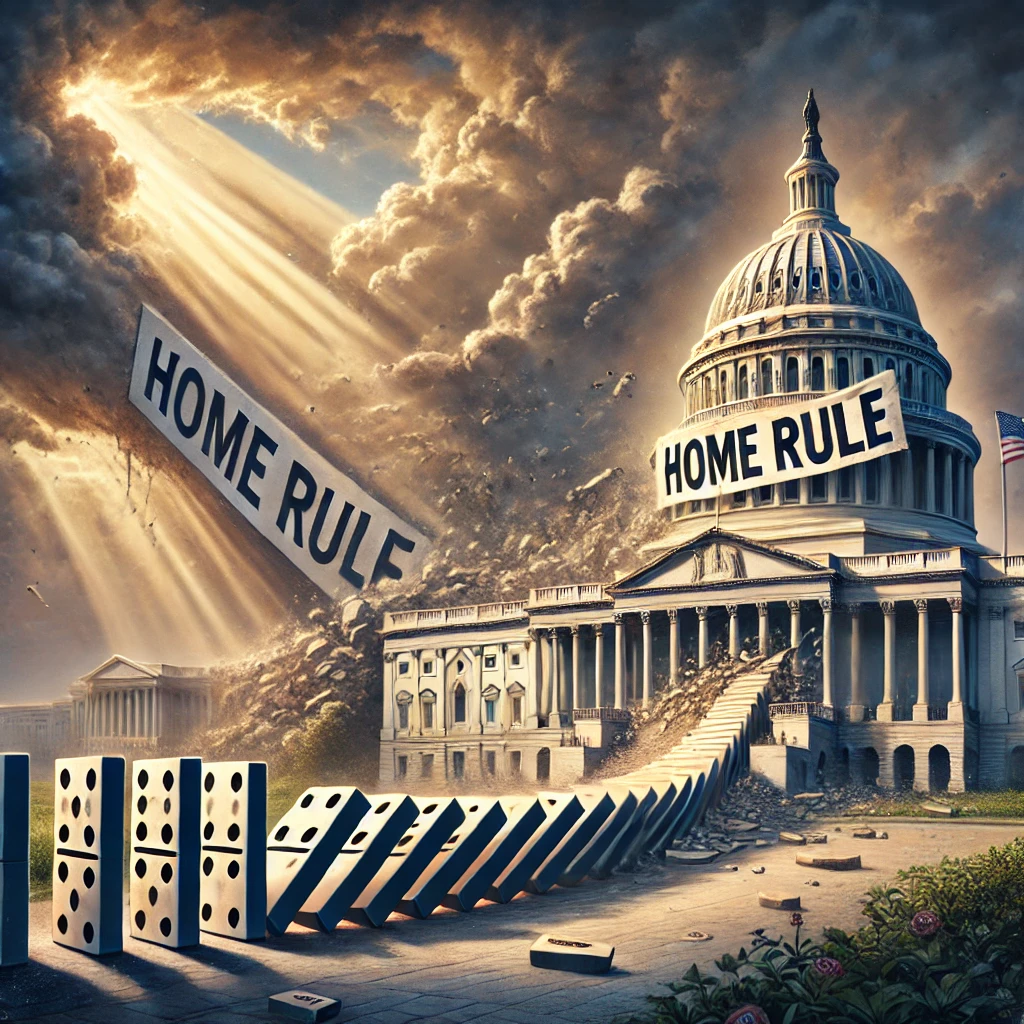Washington DC Could Lose Standing to Continue as a Plaintiff in Certain Civil Cases

If Washington DC loses its home rule and its legal authority is revoked, it might also lose standing to continue as a plaintiff in certain civil cases. This is because standing often depends on the entity’s legal authority to bring a lawsuit.
For instance, in the case of the Office of the People’s Counsel for the District of Columbia v. District of Columbia Water and Sewer Authority, the court emphasized that the Office of the People’s Counsel (OPC), an entity within the D.C. government, required a grant of litigation authority to sue another party. Without such authority, OPC lacked standing, and the appeal would be dismissed (Office of the People’s Counsel for the District of Columbia v. District of Columbia Water and Sewer Authority, 313 A.3d 579 (2024)). This indicates that if D.C.’s legal authority is revoked, entities within the D.C. government may similarly lack the necessary litigation authority to bring or continue lawsuits.
Additionally, in the case of District of Columbia v. ExxonMobil Oil Corporation, the court recognized that the District of Columbia, even after the enactment of the Home Rule charter, is not fully sovereign but akin to a sovereign state for many purposes, including enforcing statutory prohibitions enacted by its legislature (District of Columbia v. ExxonMobil Oil Corporation, 172 A.3d 412 (2017)). If D.C.’s home rule is revoked, it may lose this quasi-sovereign status, potentially affecting its standing in lawsuits where it acts in a sovereign capacity.
Furthermore, in the case of Bliley v. Kelly, the court discussed the standing of plaintiffs who alleged deprivation of a right guaranteed under the Home Rule Act. The court noted that Congress retains the authority to enact legislation for the District, including repealing laws passed by the D.C. Council (Bliley v. Kelly, 793 F.Supp. 353 (1992)). If home rule is revoked, the D.C. government may no longer have the authority to pass or enforce laws, which could impact its standing in related legal actions.
Therefore, based on research using Westlaw, if Washington DC loses its home rule and legal authority, it is likely that it would also lose standing to continue as a plaintiff in certain civil cases due to the lack of necessary litigation authority and the potential loss of its quasi-sovereign status.
